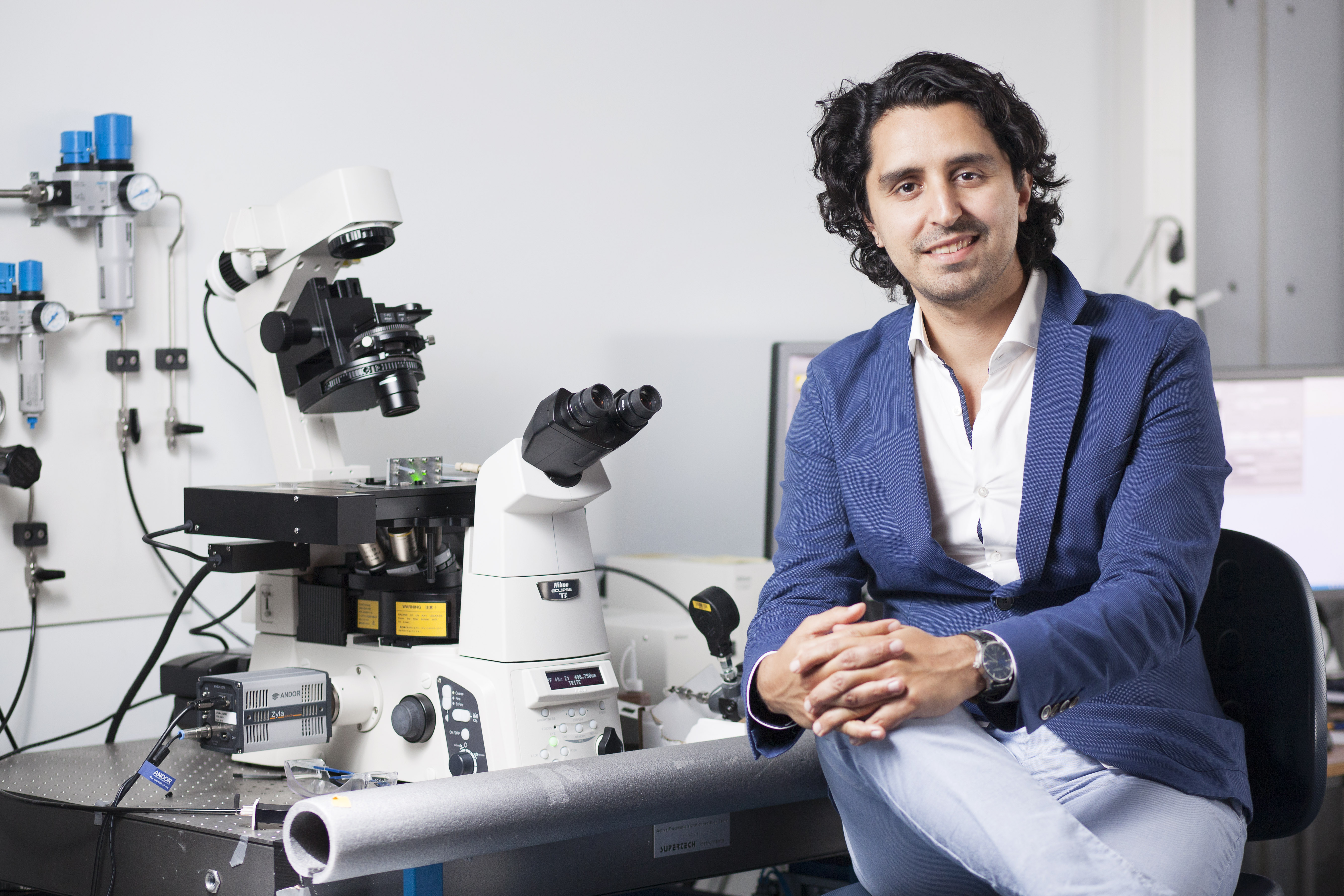Toekenning samenwerking award voor afdeling Process & Energy en MIT
Het initiatief van de afdeling Process & Energy om intensief te gaan samenwerken met het Massachusetts Institute of Technology (MIT) krijgt de zogenaamde Global Seed Funds Award toegekend van 30,000$. Het MIT International Science and Technology Initiatives (MISTI) bekostigt hiermee de samenwerking tussen de Intensified Reaction System (IRS) groep van Process & Energy en MIT voor hun onderzoek ‘Light Induced Seed Generation for Industrial Crystallization (LightX)’. De betrokken onderzoekers binnen de IRS-groep van P&E zijn projectcoördinator Burak Eral, Antoine van der Heijden, Johan Padding en Herman Kramer. Zij werken binnen dit onderzoek samen met professor Allan Meyerson van de afdeling Chemical Engineering bij MIT. Gezamenlijk gaan zij onderzoeken hoe lasers gebruikt kunnen worden bij de kinetica van kristallisatie. Van beide universiteiten zullen studenten betrokken worden bij het onderzoek d.m.v. uitwisselingsbezoeken tussen MIT en TU Delft.
Abstract onderzoek LightX (alleen in het Engels beschikbaar)
Crystallization of solid matter into crystalline structures from saturated solutions is prevalent throughout a wide range of industries during the production of essential products, particularly in pharmaceutical and fine chemical syntheses, but is often performed in slow hence cost ineffective batch style and requires trial-and-error approaches ad hoc to each product. Nonphotochemical laser induced nucleation (NPLIN) is a relatively under-studied phenomenon that has potentially large impact to transform crystallization processes. NPLIN techniques have demonstrated control over induction time for nucleation as well as over crystal morphology and discovery of new polymorphs. While progress has been made in understanding the underlying physiochemical mechanisms of NPLIN, the debate on the mechanism is far from settled. Here, we propose to identify the underlying mechanisms behind NPLIN, specifically investigating how the incident electric field of the laser interacts with dissolved solutes and, ultimately, crystal quality. Through this, we intend to elucidate key parameters that dictate control over the final crystalline product. And lastly, with the knowledge from the prior points, we intend to develop a continuous nucleation process utilizing a microfluidic system. NPLIN offers the potential for a general approach for controlled production of crystalline phases.
Lees meer over de MISTI Global Seed Funds

